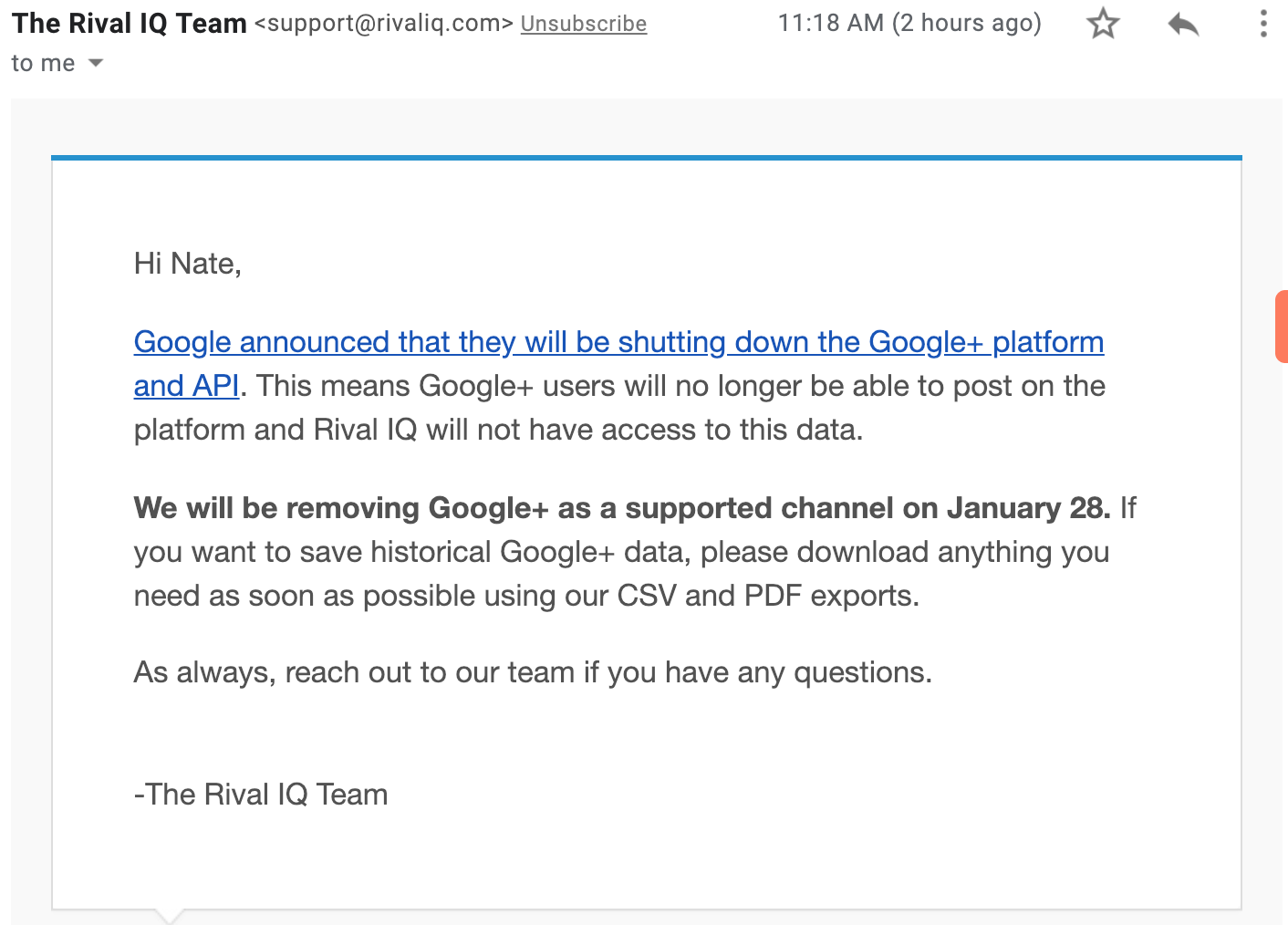A few months ago we saw the controversial acquisition of Oculus Rift by Facebook for nearly $2 billion dollars. Many financial pros questioned the move from a company which was already struggling to meet investor demands.
But perhaps the move into virtual reality was a stroke of marketing genius from CEO Mark Zuckerberg. Let's take a deeper look into the implications of virtual reality marketing.
The Current State
From a consumer standpoint the common thought is that virtual reality will be applied to gaming experiences. To an extent this perception is absolutely correct, however companies are also realizing the potential of virtual reality outside of this niche and are beginning to incorporate it into their marketing strategies.
In a recent marketing campaign, Marriot Hotels created a virtual reality landscape which transports viewers into a first-person world that depicts some of the top environments that can be discovered through Marriot's locations.
This is just one, brand-specific example of how virtual reality marketing is being incorporated but we will begin to see a greater increase in its prevalence through its involvement in telecommunications.
Samsung has reached a deal with Oculus/Facebook where it will offer virtual reality capabilities on the latest Samsung Galaxy Note. The device will be compatible with a headset which is influenced by the movements of your head and eyes to deliver a brand new consumer experience.
The Future
Virtual reality has "virtually" unlimited marketing applications. Whether it is the complete redefinition of gaming or the transformation of sports viewing, virtual reality is bound to transform the way we consume digital media.
The key will be ensuring the technology doesn't combat natural human conditions. Much like the introduction of the 3D TV, virtual reality technology will need to be tailored and introduced in a careful manner in order to be most effective.
What Do You Think?
While some brands are already jumping on the virtual reality marketing bandwagon, the movement as a whole is relatively new. Both consumers and companies have been slow to adopt the technology but we believe it has the potential to become an integral part of marketing strategies down the road.
Let us know what you think in the comments below!





